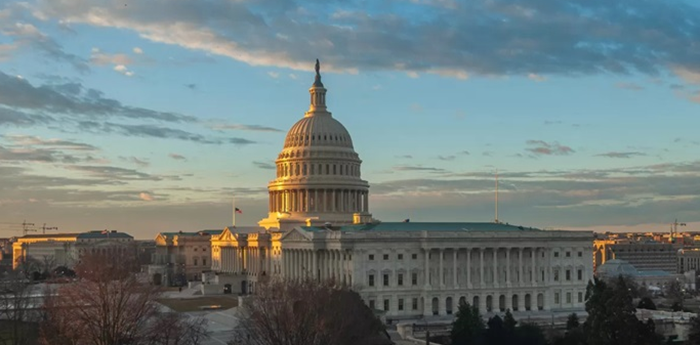

The hearing, dubbed “Countering Illicit Finance, Terrorism, and Sanctions Evasion,” spotlighted the rising concerns over Iran’s financial maneuvers and their ramifications for global security and American interests.
Chairman Sherrod Brown opened the discussion by condemning Iran’s financial contributions to proxy wars across the Middle East, asserting that such support significantly threatens global stability and directly undermines U.S. national security. He stressed the urgent need to deploy every economic tool available to halt Iran’s backing of terrorism, emphasizing the importance of severing bad actors’ access to the international financial system to stifle the flow of funds fueling illicit activities.
The debate further intensified with Senator Robert Menendez addressing Deputy Secretary of the U.S. Treasury, Adewale O. Adeyemo. Menendez highlighted a worrying trend: despite robust U.S. sanctions, which he has actively championed, Iran’s crude oil exports have reportedly surged by almost 50% in 2023, reaching their highest levels in five years. He pointed out the majority of these exports are destined for China, largely circumventing the influence of the U.S. financial system.
Menendez questioned the effectiveness of existing sanctions and probed for strategies to pressure Chinese entities that continue to import Iranian oil in defiance of U.S. sanctions
Responding, Deputy Secretary Adeyemo outlined the administration’s strategy focused on disrupting Iran’s oil sales by targeting intermediaries and ensuring complexities in repatriating the proceeds through conventional financial channels. He confirmed that overseeing the flow of these funds remains a priority to mitigate Iran’s potential misuse for harmful activities.
Ranking Member Senator Tim Scott expressed deep concerns about the direct implications of easing financial barriers for Iran, stating, “Every dollar this administration gives to Iran is another dollar that will be used against our sons and daughters.” His statement underscored a broad criticism among the senators regarding the administration’s approach to managing the delicate balance between diplomatic engagement and national security threats.
The session also touched on the broader impact of Iranian-funded activities, linking them to recent escalations in regions like Gaza. Senator John Kennedy notably accused the administration of becoming Iran’s “best friend,” suggesting that the financial ease provided could enable Iran to procure weapons potentially targeting Americans and their allies.
The hearing concluded with a unified call from the senators for a reassessment of the current diplomatic and economic tactics employed with Iran, reflecting a bipartisan demand for a more stringent and effective strategy to counter the perceived escalation in Iranian aggression and its global repercussions.

MEK Iran (follow us on Twitter and Facebook), Maryam Rajavi’s on her site, Twitter & Facebook, NCRI (Twitter & Facebook), and People’s Mojahedin Organization of Iran – MEK IRAN – YouTu







